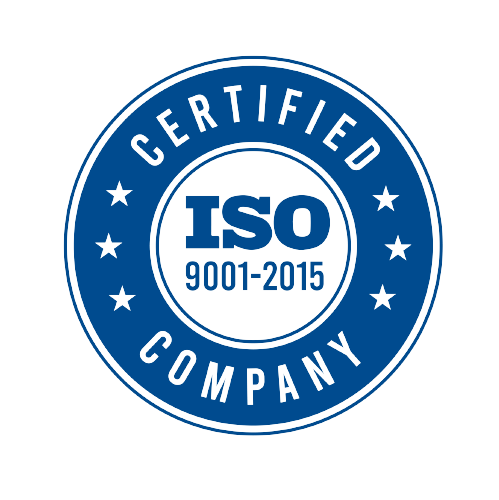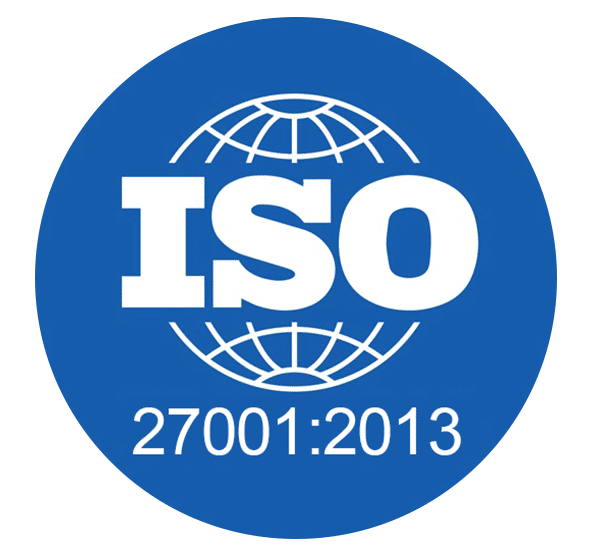The Importance of Data Quality in B2B Lead Generation

When it comes to B2B lead generation the quality of data plays a crucial role. Quality data forms the basis for marketing plans, streamlined sales procedures, and strong customer connections. Here’s a look at why data quality holds importance in B2B Lead Generation.
Importance of Data Quality in B2B Lead Generation
Accuracy in Targeting and Segmentation – High-quality data ensures that marketing efforts are directed toward the right audience. Accurate data allows for precise targeting and segmentation, ensuring that campaigns reach the decision-makers and influencers within prospective companies. This precision reduces wasted resources and increases the likelihood of generating qualified leads.
Enhanced personalization is key in B2B marketing – Quality data provides detailed insights into potential leads, including their preferences, behaviors, and needs. This information enables marketers to tailor their messages and offers to resonate with individual prospects, thereby increasing engagement and conversion rates.
Improved Decision-Making – Data quality directly impacts the quality of business decisions. Reliable data helps in identifying trends, predicting future behaviors, and making informed decisions regarding marketing strategies and sales approaches. Poor data quality, on the other hand, can lead to misguided strategies and missed opportunities.
Increased Efficiency in Sales and Marketing – High-quality data streamlines the sales and marketing processes. It reduces the time and effort spent on verifying and correcting inaccurate information, allowing teams to focus on nurturing and converting leads. This efficiency leads to shorter sales cycles and improved productivity.
Better Customer Relationships – Maintaining high data quality ensures that interactions with potential and existing customers are based on accurate information. This accuracy fosters trust and builds stronger relationships, as customers feel understood and valued. Inaccurate data, however, can lead to misunderstandings and damage the trust between a business and its clients.
Higher ROI – Investing in data quality leads to a higher return on investment for marketing and sales activities. Accurate data maximizes the effectiveness of campaigns, increases conversion rates, and reduces the costs associated with poor data quality, such as misdirected efforts and inefficient processes.
Compliance and Risk Management – In the B2B space, data privacy and regulatory compliance are crucial. High-quality data management practices help ensure compliance with data protection regulations, reducing the risk of legal issues and penalties. Proper data handling also minimizes the risk of data breaches and the associated reputational damage.
Strategies to Maintain High Data Quality in B2B Lead Generation
Businesses should implement the following strategies:
Regular Data Audits: To find and fix errors, discrepancies, and outdated data, conduct routine audits. This entails checking the data for errors on a systematic basis and making sure each entry satisfies the necessary quality requirements.
Data Cleansing: Use data cleansing procedures to get rid of redundant, unnecessary, or inaccurate data. This includes fixing any mistakes and standardizing forms (such as phone numbers and addresses).
Data Enrichment: Improve the current data by correcting out-of-date details or adding missing information. This can be accomplished by using automated technologies that cross-reference data with external sources to enrich it, or by utilizing third-party data providers.
Standardized Data Entry: To reduce errors, create consistent data entry processes and formats. This entails establishing standards for the recording of information and making sure that everyone in the team follows them.
Utilize Technology: Use software and data management solutions to automate data quality procedures. These tools can support deletion, consistency maintenance across datasets, and data validation.
Real Time Data Validation: Establish real-time validation procedures to verify the accuracy of data at the point of entry. This helps in the quick detection and correction of errors prior to their entry into the database.
Monitoring and Reporting: Always keep an eye on the quality of your data via KPIs and metrics. To monitor problems with data quality and the success of your data management plans, create reports on a regular basis.
Conclusion
Data quality is a critical component of successful B2B lead generation. It enhances targeting accuracy, personalization, decision-making, efficiency, and customer relationships, ultimately leading to higher ROI and compliance.
By prioritizing data quality, businesses can significantly improve their lead-generation efforts and drive sustained growth.








